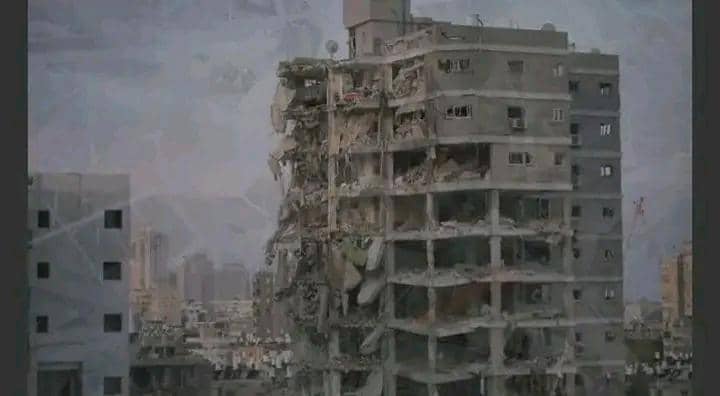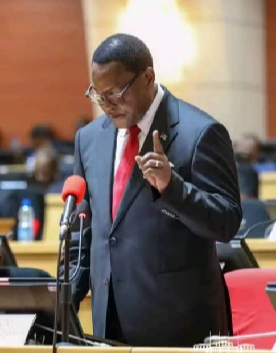By Burnett Munthali
The conflict involving Iran is expected to stretch on for “weeks, not days,” according to senior American and Israeli officials quoted by CNN.
This assessment signals a long-term strategic engagement, rather than a quick military exchange or limited operation.
The officials emphasized that the ongoing operation has the White House’s implicit approval, suggesting high-level coordination between Washington and Tel Aviv.
A senior Israeli official was cited as stating that the US president is “on board” with the timeframe, reinforcing the idea of mutual consent and shared objectives between the two allies.
This tacit endorsement from the United States indicates not only diplomatic support but also the potential for logistical, intelligence, or operational backing.
A US official added context to the administration’s stance, noting that “the Trump administration firmly believes this can be solved by continuing negotiations with the US.”
This suggests a parallel track of diplomacy, even as military tensions escalate—implying that Washington hopes Tehran will choose negotiation over retaliation.
Nonetheless, the same official pointed out that the exact duration and scale of the conflict will depend on Iran’s own actions in the coming days and weeks.
This conditional timeline underscores the volatile and reactive nature of the conflict, where decisions on one side could trigger disproportionate responses on the other.
The statement reflects a calculated ambiguity—combining diplomatic posture with military readiness, and leaving the door open for both escalation and de-escalation.
As the world watches closely, the revelation of a potential weeks-long campaign marks a shift from containment to sustained confrontation.
Such a prolonged timeline raises serious concerns about regional stability, humanitarian consequences, and the risk of drawing in other actors or nations.
In the coming days, the international community will be closely monitoring Iran’s response, US diplomatic efforts, and Israel’s military operations—each of which could redefine the trajectory of this unfolding crisis.



